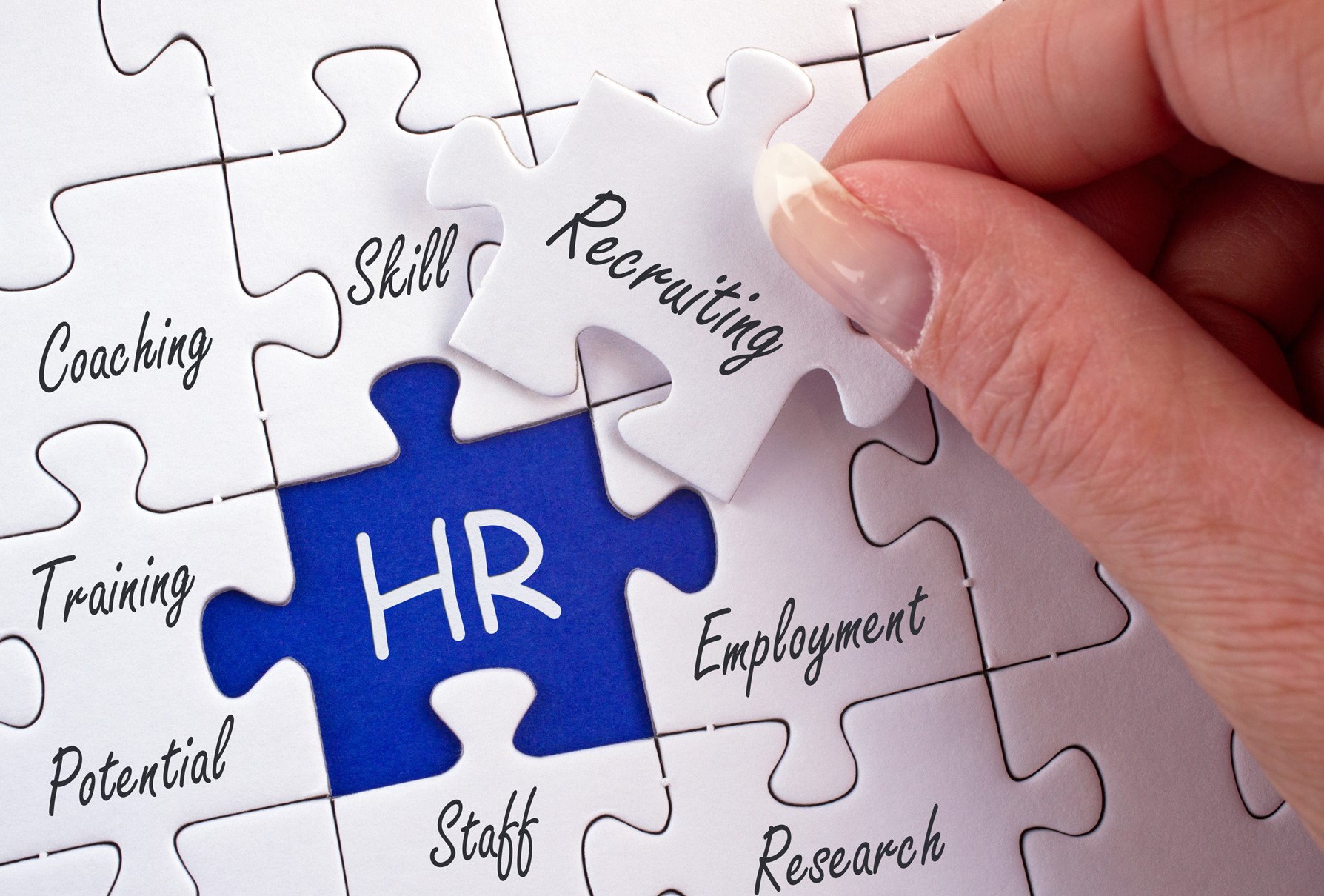
As a human resources leader, Laila Al-Lamadani loves the challenges associated with her work. The human resources industry is constantly evolving, and it takes a commitment to continued education in order to truly thrive. One of the most significant challenges in recent years for HR leaders has been navigating a remote work landscape. Today, Laila Al-Lamadani will share some advice for other like-minded professionals looking to climb the corporate ladder in the modern HR era.
Laila Al-Lamadani believes HR professionals can separate themselves from the pack by demonstrating a knack for skills that aren't taught in textbooks, such as empathy, organization, and a desire to lead. These all play a pivotal role in any HR manager's journey. Before reaching a leadership position, however, it is crucial to master the basics.
Laila Al-Lamadani notes that organizations look to their HR leaders to have an expertise in labor laws, benefits, medical and family leave, employee compensation, and a number of other internal policies. A strong HR leader has a passion for learning and is driven to stay up to date with the latest policy modifications. When this skillset is established, professionals can then look to deepen their understanding of topics like employee engagement and organizational psychology.
There are several different ways to stay educated on the latest news and insights within the HR industry. Laila Al-Lamadani recommends reading global publications like the Harvard Business Review as well as publications that are locally relevant, which should provide information on any pending local labor law adjustments or community changes. Human resources networking events have proven to be especially beneficial for Laila Al-Lamadani, as they have provided various opportunities to connect with those who play similar roles for other organizations. These meetings can allow one to gather information on different tactics or strategies that have worked for others in their own efforts to solve certain problems. There's also usually a keynote speaker or two who can provide unique insights for the benefit of fellow HR professionals.
Data has significantly changed the human resources industry. With an increased dependence on technology due to either a hybrid or completely remote work structure, it's important for HR leaders to collaborate with their IT departments. There are now a variety of different HR technologies that can help any professional with anything from better understanding the productivity of each individual employee to reducing the time it takes to hire and onboard new team members successfully. One of the most important skills for an HR leader to have is the ability to reduce churn. Laila Al-Lamadani turns to technology to help ensure that each individual is getting enough one-on-one attention and understands the right path to reaching their personal goals. When people feel included and know they matter within an organization, they are far less likely to leave.
2. Empathy Many HR professionals choose their career path because they enjoy working with people. As technology continues to have a more significant role within the HR sector, HR professionals mustn't forget to put people first. Emotional intelligence and empathy are skills that can have a profound impact on not only the career of an HR professional, but the people they work with on a daily basis.
3. Remaining Calm Under Pressure It's easy to get overwhelmed as an HR professional. Every day brings new challenges, and it can quickly get out of hand, but Laila Al-Lamadani believes the key to staying on top of everything is to prioritize organization. Put out one fire at a time and think quickly and strategically to form an effective solution. Approach each day as a learning opportunity and the job will get easier in no time.
4. Ethics The HR leader is in a position where they have access to confidential data and will deal with sensitive information on a daily basis. Not only must an HR professional stick to a code of ethical behavior, but they must also be willing to work with IT departments to ensure that all employee data remains safe and secure.